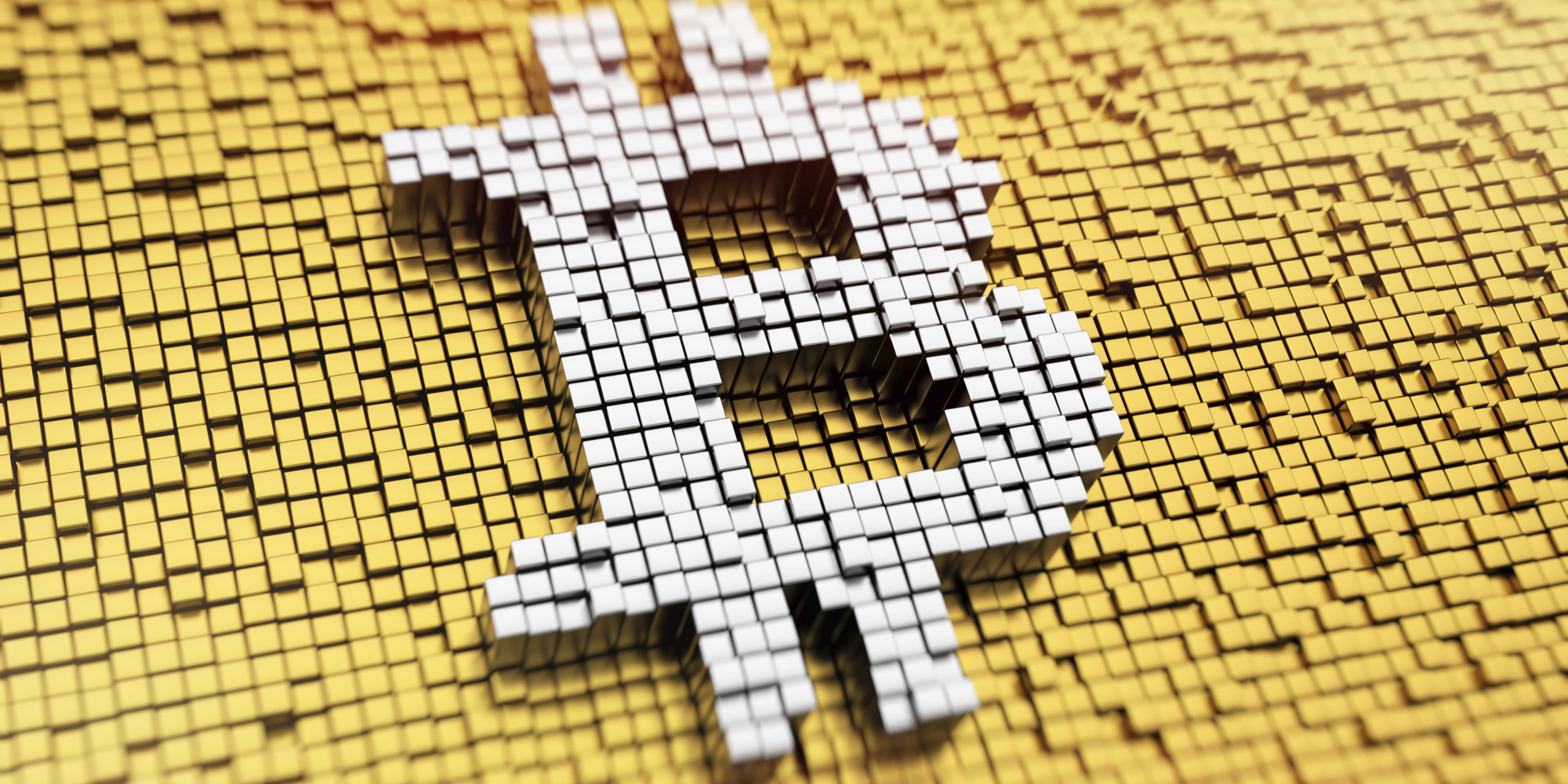Crypto-Canary In The Coal Mine
Opinions on Bitcoin come in all shapes and sizes. The Winklevoss twins insist the cryptocurrency will replace all other currencies and find true value in the hundreds of thousands, if not millions, of US Dollars per Bitcoin. There are Bitcoinless bums like me who see a virtual currency as too corruptible for viability and expect an ounce of silver to buy many, many Bitcoins by 2020. Most opinions lie somewhere in between, likely depicting Bitcoin as a speculative disruptive technology play with tremendous upside potential.

Well, Bitcoin is tanking at the moment and, regardless of one's opinion, there are facts worth noting and conclusions that can be confidently drawn from recent price action:
- Money is flowing out of, rather than into Bitcoin.
- Those seeking alternatives to currencies created by central banks have left Bitcoin for gold and silver OR
- Confidence in central banks is growing (LOL, it's possible I guess)
- Oil has taken a beating over the same period and both can be seen as gauges of inflation expectations and speculative activity, signaling dwindling efficacy of central bank intervention on investor behavior.
An important point that many will refute is: Wall Street wants you to buy Bitcoin. Speculation drives bull markets and Bitcoin is speculation epitomized. Your Bitcoin bound dollars certainly don't directly feed Jamie Dimon and his hungry children, but they do indicate a willingness to speculate.
An important multi-faceted question to ask is: What happened last time Bitcoin fell this sharply, how far did it fall and how did other assets perform at that time?
History tends not to repeat itself, but while trends and correlations are in tact it does tend to rhyme. Emerging market equities sold-off hard in late 2014 and developed economies stagnated from early 2015 until very recently. With global stock market volatility and sociopolitical uncertainty far elevated above 2014 levels this period looks to potentially be more damaging to all indices.
Is Bitcoin suggesting recent S&P 500 highs are a Brexit induced short-covering head-fake, or has the Winkle-Kool-Aid well simply run dry?
Im suggesting the former.
Disclosure: None.



